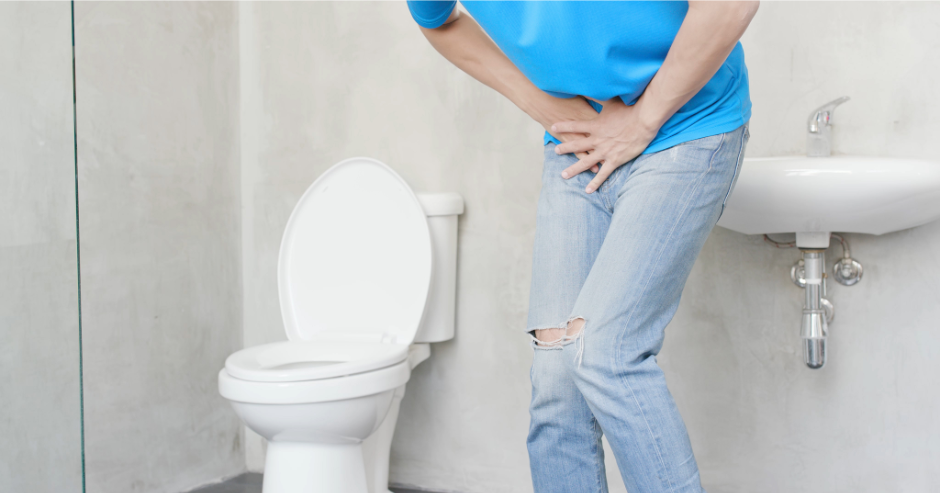
Frequent urination can be more than just an inconvenience; it might be a sign of an underlying health condition. While occasional changes in urination patterns are normal, persistent or bothersome symptoms warrant attention. In this article, we’ll explore the causes of frequent urination, when to see a urologist, and how the best urologist in Faridabad, Dr. Anup Gulati, can help address your concerns.
Understanding Frequent Urination
Frequent urination means needing to pass urine more often than usual. While it’s normal to urinate four to eight times a day, exceeding this frequency, especially with disturbed sleep (nocturia), can indicate a problem. This condition can affect people of all ages and genders, though certain factors may increase susceptibility.
Common Causes of Frequent Urination
- Urinary Tract Infections (UTIs): UTIs are one of the leading causes of frequent urination. Accompanied by symptoms like burning during urination and cloudy urine, UTIs require prompt treatment.
- Overactive Bladder (OAB): This condition is characterized by sudden, uncontrollable urges to urinate. It can lead to accidental leakage and disrupt daily activities.
- Diabetes: Both type 1 and type 2 diabetes can cause frequent urination due to high blood sugar levels that prompt the kidneys to work overtime.
- Prostate Issues: In men, an enlarged prostate (benign prostatic hyperplasia or BPH) can press against the bladder, causing frequent urination, especially at night.
- Pregnancy: In women, the growing uterus during pregnancy can put pressure on the bladder, leading to increased urination.
- Medications: Diuretics and certain other medications can increase urination as a side effect.
- Excessive Fluid Intake: Drinking too much water, especially caffeinated or alcoholic beverages, can temporarily increase urination frequency.
- Interstitial Cystitis: A chronic bladder condition that causes pelvic pain and frequent urination.
- Stress and Anxiety: Psychological factors can also contribute to urinary urgency and frequency.
When to See a Urologist
Frequent urination isn’t always a cause for concern, but certain symptoms indicate the need for professional evaluation. Consider consulting a urologist if:
- You wake up multiple times at night to urinate (nocturia).
- There is pain, discomfort, or burning during urination.
- You notice blood in your urine.
- Your frequent urination is accompanied by fever, chills, or back pain.
- You have difficulty starting urination or experience weak urine flow.
- Your quality of life is significantly affected by urinary issues.
Diagnosis of Frequent Urination
Dr. Anup Gulati, recognized as the best urologist in Faridabad, begins with a thorough evaluation to identify the root cause of frequent urination. This may include:
- Medical History and Physical Examination: Understanding symptoms, lifestyle, and any pre-existing conditions.
- Urinalysis: Checking for infections, blood, or sugar in the urine.
- Imaging Tests: Ultrasound or CT scans to assess the bladder, kidneys, and prostate.
- Urodynamic Testing: Measuring how well the bladder and urethra store and release urine.
- Cystoscopy: Examining the bladder and urethra using a thin, flexible tube with a camera.
Treatment Options
Treatment depends on the underlying cause of frequent urination. Common approaches include:
- Lifestyle Modifications:
- Reducing caffeine and alcohol intake.
- Practicing timed voiding to train the bladder.
- Staying hydrated without overconsuming fluids.
- Medications:
- Antibiotics for UTIs.
- Anticholinergic drugs for overactive bladder.
- Alpha-blockers for BPH to relax prostate muscles.
- Physical Therapy:
- Pelvic floor exercises to strengthen muscles controlling urination.
- Surgical Interventions:
- In severe cases, surgery may be required to address issues like bladder prolapse or an enlarged prostate.
Proactive Steps for Better Urinary Health
Preventive care is key to maintaining urinary health. Here are tips to reduce the risk of frequent urination:
- Stay hydrated but limit excessive fluid intake.
- Practice good hygiene to prevent infections.
- Avoid bladder irritants like spicy foods, alcohol, and caffeine.
- Maintain a healthy weight.
- Monitor blood sugar levels if you have diabetes.
If you’re experiencing persistent symptoms, don’t delay seeking help. Consult Dr. Anup Gulati, the best urologist in Faridabad, for expert care.
